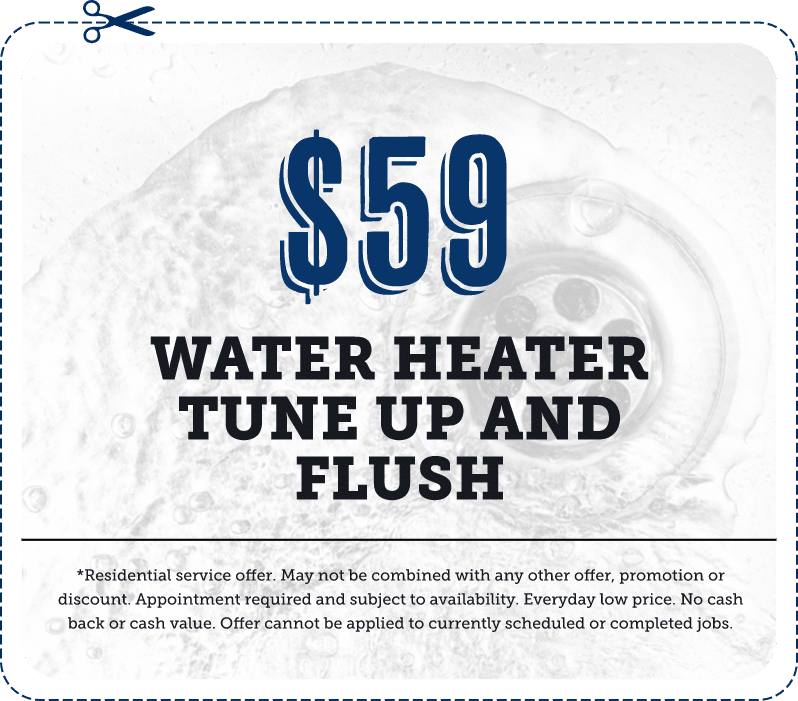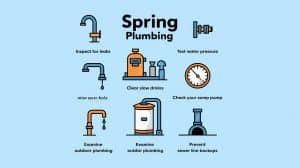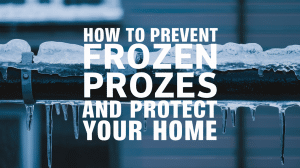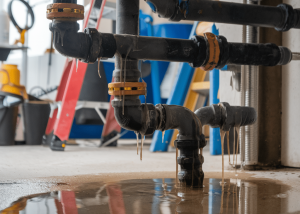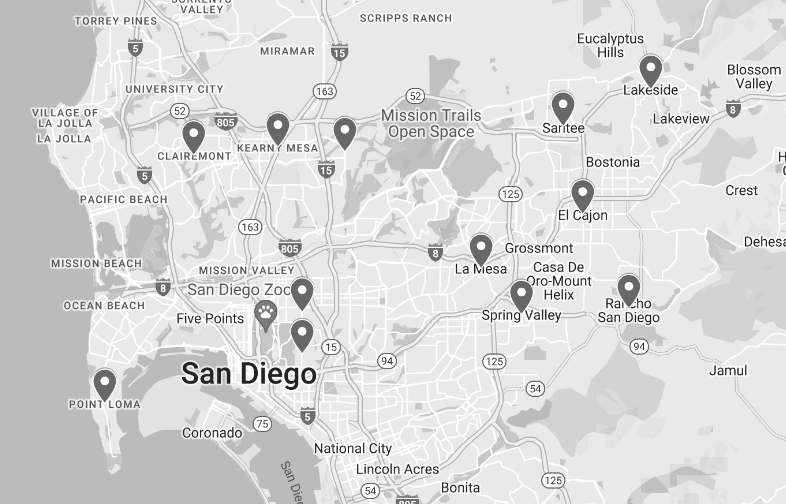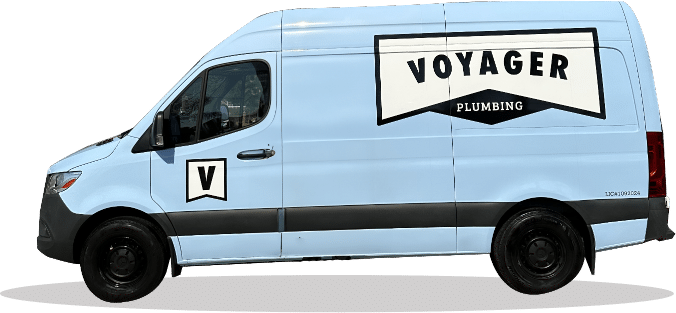Nearly half of all households deal with clogged drains every year, often caused by hair, grease, and food scraps. To keep your drains clear, avoid pouring grease or coffee grounds down the sink—throw them in the trash instead.
Use screens over drains to catch hair and debris before they cause a blockage. If you already have a clog, try using a plunger or a baking soda and vinegar mix for a gentle fix. These tips can help your plumbing run smoothly and prevent future problems.
Need help with clogs? Don’t wait until the problem gets worse! Contact Voyager Plumbing, and we’ll take care of your drain issues quickly and efficiently. Call us today!
Common Causes of Clogged Drains
Clogged drains result from various factors that slow or block water flow in your plumbing. Proper maintenance and smart disposal habits can keep your drains working as they should.
- Tree Roots: Roots can grow into pipes, leading to serious blockages. Watch for trees or shrubs growing near your plumbing.
Flushable Wipes: Despite the label, these don’t break down as expected. Always throw them in the trash.
- Feminine Products: These expand when wet and clog pipes. Dispose of them in the trash instead.
- Fats, Oils, and Grease: These can solidify in pipes. Let them cool and discard them properly.
- Hair: Hair mixes with soap, forming clogs. Use drain covers to catch it.
- Pipe Scale: Mineral buildup restricts water flow. Regular maintenance can prevent this.
- Food Waste: Coffee grounds and eggshells are better off in the trash or compost, not your sink.
- Soap Residue: Bar soap can leave scum that clogs drains. Switch to liquid soap and clean drains periodically.
- Mineral Deposits: Hard water causes buildup over time. Water softeners or descaling treatments can help.
- Flushing Improper Items: Items like tissues and toys can clog pipes. Use a trash can for non-flushables.
Signs of Drain Problems
Recognizing early warning signs can help you avoid bigger plumbing issues. Look out for these common indicators:
- Slow Drainage: Water draining slowly suggests a partial blockage, such as hair or soap residue. Standing water in sinks or showers points to a more serious problem.
- Bad Odors: Smells from your drains often mean blockages caused by rotting food or grease. If you notice bubbles in your toilet while running water elsewhere, it could signal a sewer issue.
- Gurgling Sounds: Odd noises from your drains may indicate a simple clog or a more severe issue, like tree roots in your pipes. If gurgling comes with bubbles in the toilet, act quickly.
Solutions for Existing Clogs
When clogs occur, there are several ways to clear them and restore proper water flow.
DIY Unclogging Tips
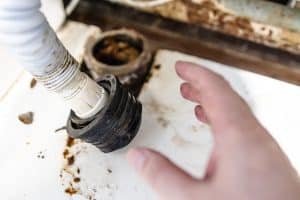
If the problem lies in the U-shaped pipe under your sink, turn off the water supply and place a bucket underneath. Unscrew the pipe joints and remove any blockages. While this may take some effort, it can save you a call to the plumber.
When to Call a Professional
If DIY methods don’t work or you’re facing a severe blockage, it’s time to bring in a professional. Voyager Plumbing has experienced specialists ready to handle any plumbing issue—residential or commercial. Don’t let a clog turn into a bigger expense later. Call us today for quick and reliable service.
Preventing Future Clogs
Once you’ve dealt with a clog, it’s time to think about prevention. By adopting a few habits, you can avoid future plumbing problems and keep your drains clear.
- Regular Drain Maintenance: One of the most effective ways to prevent future clogs is to clean your drains regularly. At least once a month, flush your drains with hot water to clear out any grease or soap buildup. Consider using a natural cleaner like a baking soda and vinegar mixture, which can break down residues without harming your pipes.
- Proper Disposal: It may seem simple, but disposing of waste properly is key to preventing clogs. Don’t pour grease, fat, or oil down the drain. As they cool, they harden and stick to the sides of pipes, leading to blockages. Similarly, throw coffee grounds, eggshells, and other food waste in the trash instead of the sink.
- Use Drain Covers: Install drain covers in your sinks and tubs to catch hair, soap, and other debris before it has a chance to go down the drain. Clean these covers regularly to keep them free of buildup.
Be Careful What You Flush: The only things that should go down the toilet are waste and toilet paper. Don’t flush anything else, especially wipes, sanitary products, or paper towels. Even products labeled “flushable” can cause blockages in your pipes.
- Tree Root Prevention: If you live in an area with large trees, consider having your plumbing inspected regularly for root damage. Tree roots can infiltrate underground pipes and cause severe clogs that require professional attention.
- Water Softening: If you live in an area with hard water, installing a water softener can help reduce mineral buildup in your pipes, which can lead to clogs over time.
- Routine Plumbing Inspections: Regular inspections by a professional plumber can help catch issues before they become problems. A plumber can check your pipes for early signs of scaling, tree root infiltration, or damage, and take action before these issues cause a clog.
Keep Your Drains Clear with Simple Habits
Clear drains are achievable with a few simple habits. Toss food scraps in the trash, use drain covers to catch hair, and schedule regular pipe check-ups. If you encounter stubborn clogs, try a plunger or reach out to a trusted plumber. Take action now and enjoy hassle-free plumbing.
Voyager Plumbing is always ready to assist. Need help with a drain issue? Call us today, and we’ll clear your drain in no time!

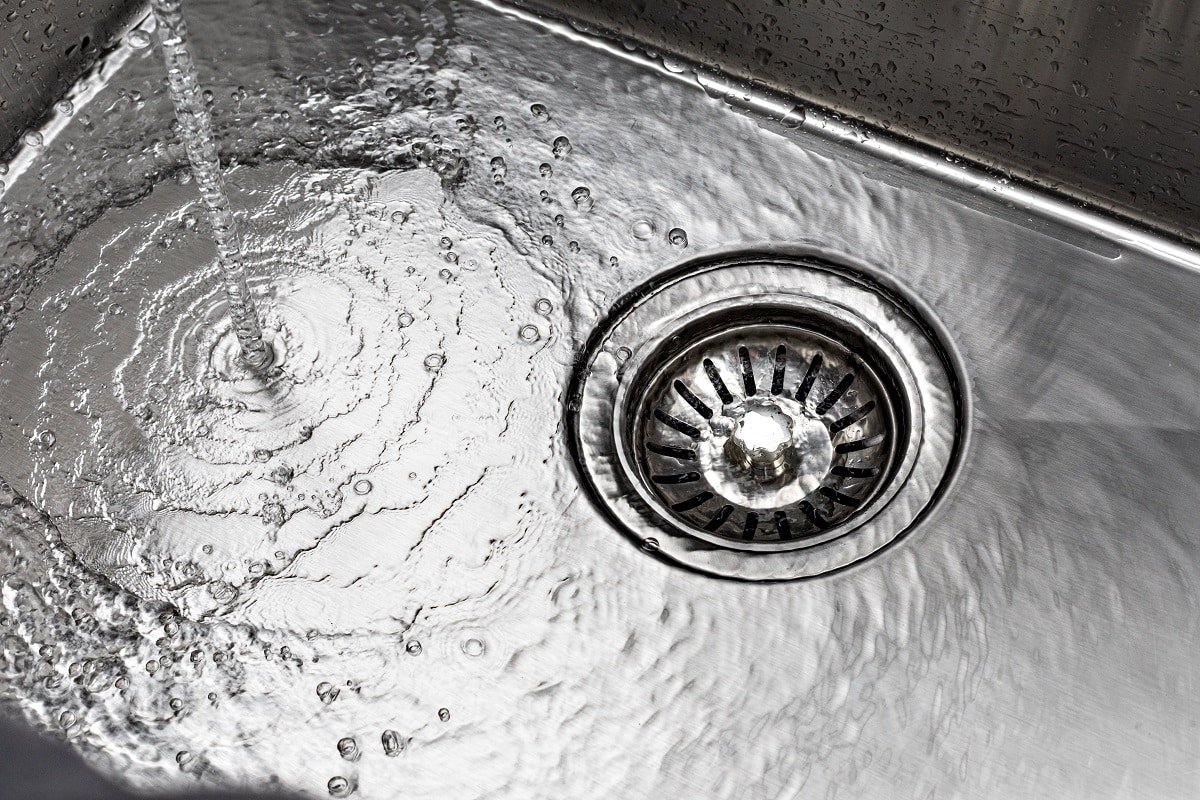
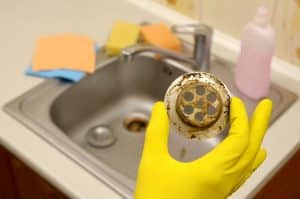 Flushable Wipes: Despite the label, these don’t break down as expected. Always throw them in the trash.
Flushable Wipes: Despite the label, these don’t break down as expected. Always throw them in the trash.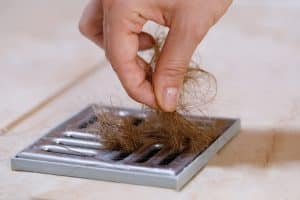 Be Careful What You Flush: The only things that should go down the toilet are waste and toilet paper. Don’t flush anything else, especially wipes, sanitary products, or paper towels. Even products labeled “flushable” can cause blockages in your pipes.
Be Careful What You Flush: The only things that should go down the toilet are waste and toilet paper. Don’t flush anything else, especially wipes, sanitary products, or paper towels. Even products labeled “flushable” can cause blockages in your pipes.